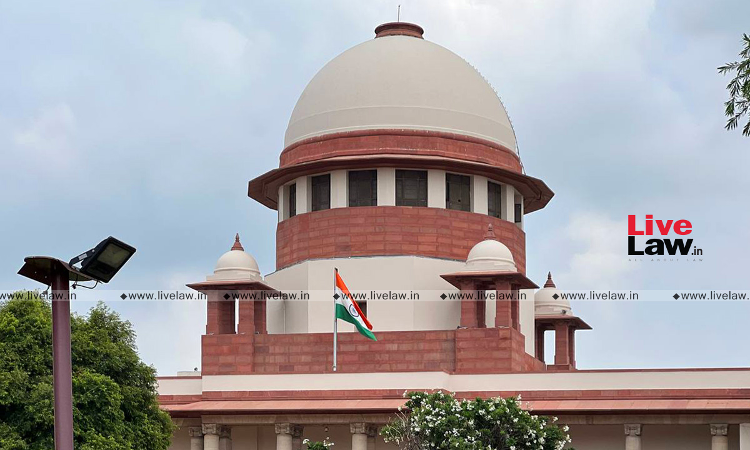Supreme Court Upholds Validity Of Haryana Sikh Gurudwara (Management) Act 2014
LIVELAW NEWS NETWORK
20 Sept 2022 10:40 AM IST

Next Story
20 Sept 2022 10:40 AM IST
The Supreme Court on Tuesday upheld the validity of the Haryana Sikh Gurudwara (Management) Act 2014 and dismissed the petitions challenging the constitutionality of the Act.A bench comprising Justice Hemant Gupta and Justice Vikram Nath delivered the judgment in a writ petition filed in 2014 by a man named Harbhajan Singh, a member of Shiromani Gurudwara Prabhandak Committee(SGPC). In...
